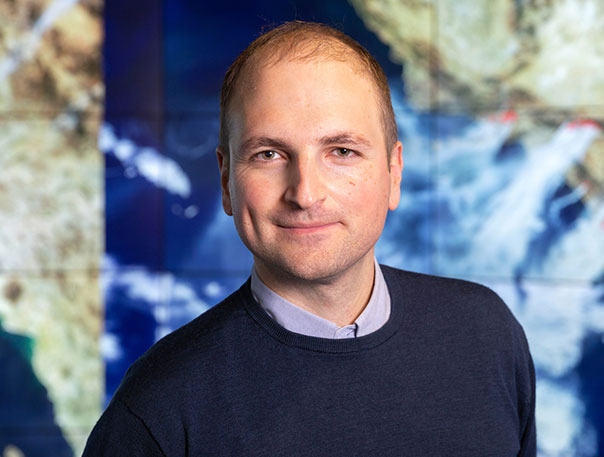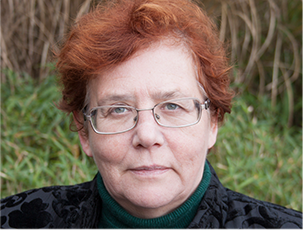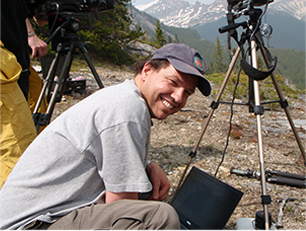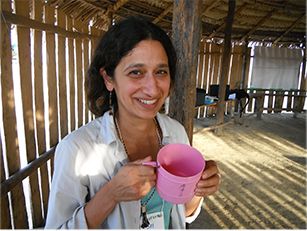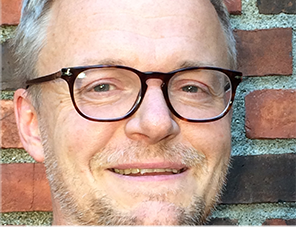Welcome to the Fire Governance Workgroup homepage
Introduction
Fire is governed by governments, non-governmental organisations, and communities. It can be influenced by regulations, economic policies, development projects, community agreements and customary norms. Most often, state governance has suppressed, rather than supported, controlled human fire use, with implications for livelihoods, culture, and biodiversity.
The Fire Governance Working Group aims to stimulate discussion about how fire is managed and governed across the world. We provide a space for Centre students and staff to present their ideas and work, to explore commonalities and differences, and to challenge current thinking and paradigms of governance. Themes we are exploring and developing for a joint publication include: the legacies of colonialism in anti-fire regulations and narratives; the indirect effects of economic policies, land tenure reforms, and infrastructural development on fire; and the interactions between different types of fire governance.
The Group is open to all Centre members and affiliates. Please contact Cathy Smith (c.smith@rhul.ac.uk) for more information.
Upcoming events
- Trade-offs and synergies in multi-level fire governance, 29 Nov 2023
People around the world use fire to support small-scale livelihood and cultural practices. In many countries over the past centuries, colonial and post-colonial states have suppressed burning activities, but in recent decades there has been growing interest among state agencies in partnering with fire users for land management. Such engagements are taking place both in countries where fire use is widespread, and in places where fire practices were lost but people now seek to reconnect with fire.
In this online research workshop, we will hear how these partnerships are playing out in different contexts and think about how local aspirations and needs sit alongside, or trade-off against, national and international agendas related to climate, wildfire mitigation, and ecosystem management. Researchers and practitioners with experience and expertise from around the world will share insights about trade-offs and synergies in multi-level fire governance. Subsequent discussion will allow all participants to explore the challenges and possible ways forward.
For more information and to register for free, please visit our Eventbrite page

Past Events
- Royal Geographical Society Conference session: ‘Governing fire across spatial boundaries’ In person session followed by hybrid session, 1st September 2023, 14:10-15:50 and 16:20 – 18:00 BST
In the context of climate change, landscape fires are increasingly visible in the media and of research interest. A burgeoning literature explores social dimensions of fire, including the impacts and mitigation of wildfire, and the role of controlled fire use within rural livelihoods and land management.
State and non-state organisations are increasingly concerned with fire’s governance. For example, in recent years fire has been implicated within greenhouse gas abatement schemes, with payments to smallholders and Indigenous communities either to exclude fire from their lands, or for controlled burning to mitigate emissions from wildfires. Fire governance by state and non-state agencies often overlooks existing social norms and rules that govern fire locally. In many parts of the world, there are thus multiple, interacting, forms of fire governance, related to overlapping jurisdictional boundaries and different forms of land tenure, including customary land tenure, private and state land. In these two sessions we consider the ways in which fire’s governance is shaped by spatial boundaries at multiple scales.
Session chairs: Cathy Smith, Jay Mistry & Kayla De Freitas (Royal Holloway, University of London), Kapil Yadav (King’s College London). Papers: Francisco Seijo (IE School of Politics, Economics and Global Affairs, Madrid, Spain): Role of Indigenous and local knowledge in forest conservation: The case of relict Mediterranean fir forests in Spain and Morocco; Henry Thompson (King’s College London): Effects of large-scale land acquisitions on traditional pastoral fire use in the Lower Omo Valley, Ethiopia; Rahinatu Sidiki Alare (King’s College London): The role of land tenure in shaping fire governance and conflicts in Northern Ghana’s Savannah; Sophie de Pauw (University of Reading): Fines, Fences and Fires: Case study of Gile National Park, Mozambique; Danny Marks (Dublin City University) & Michelle Ann Miller (National University of Singapore): An Embodied Political Ecology of Agricultural Burning in Thailand; Abigail Croker (Imperial College London): Community-Based Fire Management in East and Southern African Savanna-Protected Areas: Myth or Reality?; Christoph Neger (Autonomous National University of Mexico (UNAM)) & Laura Patricia Ponce Calderón (The College of the Southern Frontier (ECOSUR), Mexico): Cultural fire management outside and within a protected area in Chiapas, Mexico; Kayla De Freitas (Royal Holloway University of London): Fire governance systems in South Rupununi, Guyana: local responses to changing land use and tenure in an unpredictable climate; Fernando Javier Pulido Díaz (University of Extremadura, Spain): MOSAICO: a long-term project for megafire prevention through participatory agrosilvopastoralism in Extremadura, Spain; Nina Fontana (University of California, Davis): Firefighting to firelighting: Cultural burning in California and the Future of Collaborative Restoration
- Leverhulme Centre workshop: Pastoralism and fire in Africa: Online workshop, 4th October 2022, 13:00-16:00 BST
Fire is important within extensive pastoral livelihoods in Africa, being used to maintain rangelands for livestock by suppressing woody growth, bringing up fresh forage, and suppressing livestock pests. Livestock grazing also affects fire regimes by removing fuel from the landscape. Yet pastoral liveilhoods are changing and pastoral fire use is declining. In this workshop we will discuss these changes, and the implications for pastoral livelihoods, ecologies and fire regimes. Speakers: Pablo Manzano Baena (University of Helsinki): The changing links between pastoral herbivory and fire as ecological processes; Sally Archibald (University of Witwatersrand): Understanding and modelling patterns of fire in African rangelands; and Maike Petersen (University of Heidelberg): Land-use and land-cover dynamics and social change in a sub-Saharan dryland: The case of Pokot Central, Kenya


